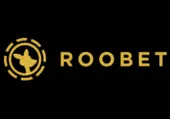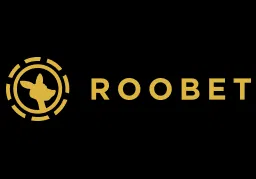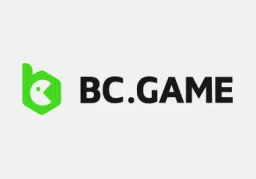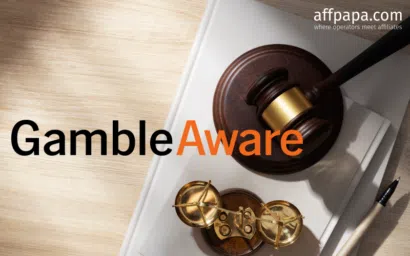Over €10 million saved by SoftSwiss Anti-Fraud Service in 2020 alone

All throughout 2020, SoftSwiss’ main priority has been to help its partners combat security threats all year. Its anti-fraud and security checks service has saved clients over €10 million in 2020 alone.
The service gives clients the chance to perform bonus abuse checks, block duplicate player accounts, carry out investigations into potential schemes, as well as averting ‘other abusive behaviour’. SoftSwiss’ anti-fraud solution also supplies identification of dubious game patterns, which allows clients to take action.
“We are ecstatic that our team managed to save the day this year with such a large amount of money retained for our clients. Everyday we carefully look into all suspicious activities happening on our Platform and combat fraud, using a lot of different tools and methods. We keep on working on even more fascinating AI projects in cooperation with the Data Science and Platform Development teams. And thanks to that in the coming year we expect to increase efficiency and security of business operations for our clients.” Said Vitali Matsukevich, Head of B2C at SoftSwiss.
In the meantime, it underlined the significance of consultation with GDPR compliance and data protection, emphasizing that its anti-fraud team acts ‘strictly in accordance’ with gaming websites’ terms and conditions, as well as applicable licensing and regulatory requirements.
The solutions provider drew significant attention to the time when an ‘initial check’ ended up with the anti-fraud team identifying a player abusing gaming patterns. This is yet another time where the fraud team has supported SoftSwiss clients.
SoftSwiss revealed in a statement:
“During the initial check it was found out that the player was an abuser. The team made a decision to request verification of the player’s account including Source of Funds / Source of Wealth, as these documents are not commonly asked and therefore are not included in a common package of documents bought on the black market. The player uploaded all of the documents the next day, which should have made us believe they were genuine. Nevertheless, during the detailed document check it was noticed that the player’s language in e-wallet and their native language were different raising a suspicion that the player was a drop once again. Due to that, the player was asked to pass Skype verification. Finally, during the verification call it was concluded that the player was not an account owner but a drop.”

























